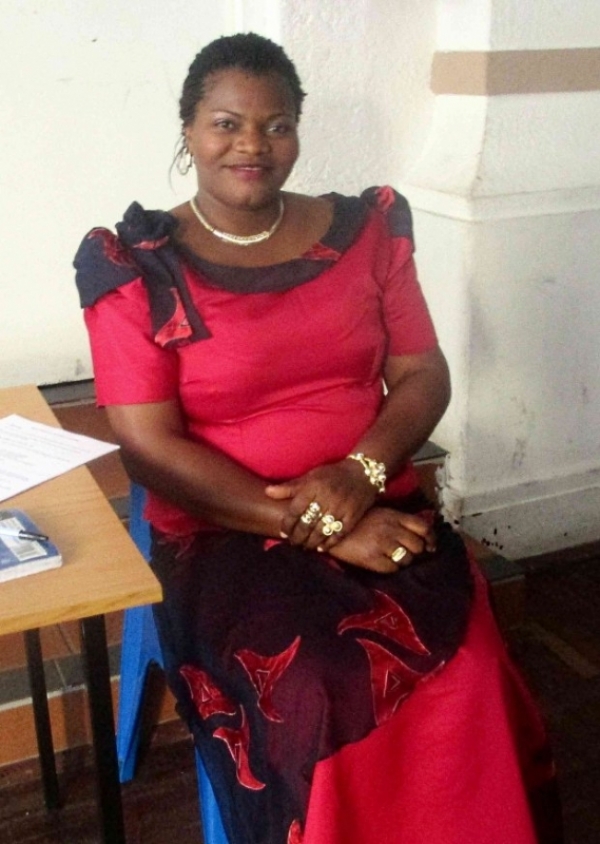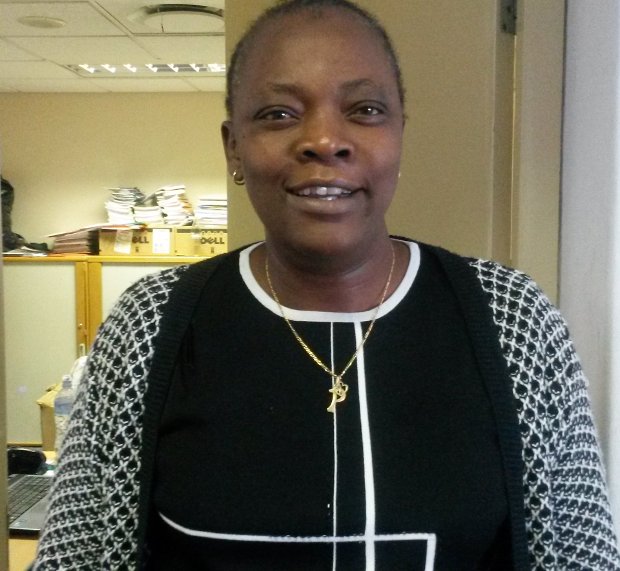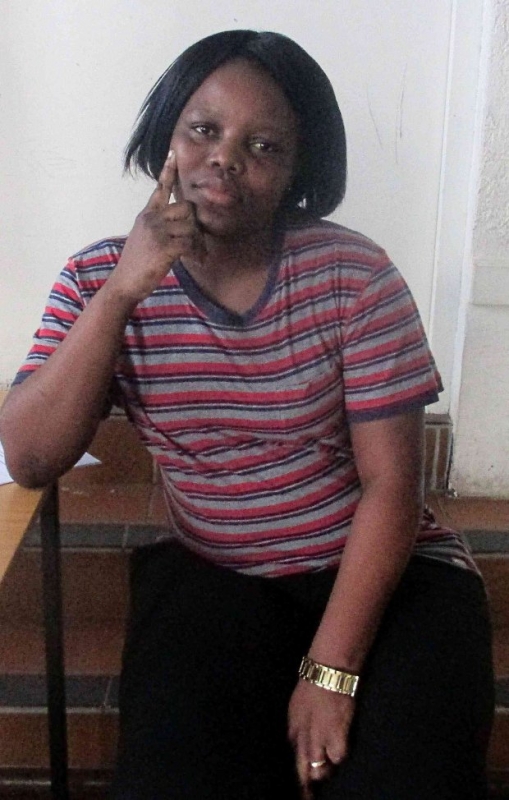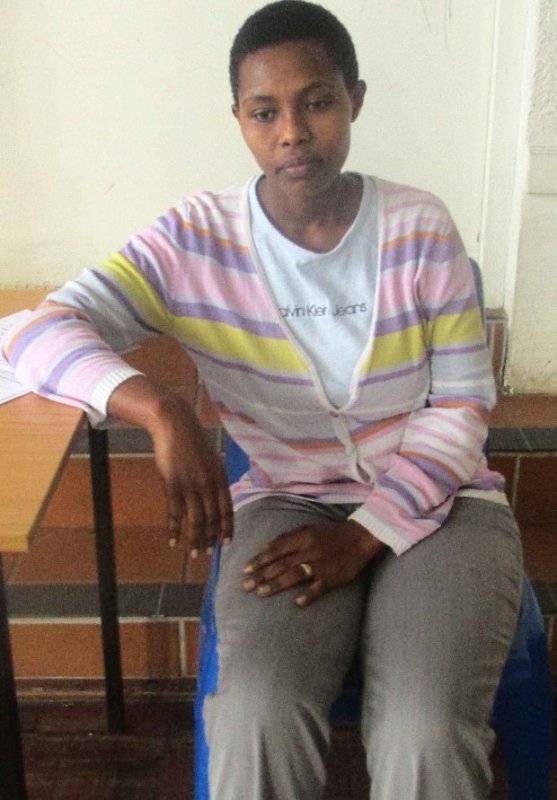“We work in love without discrimination” — How immigrant women are making successful businesses

Fatima Mahomed Abukar immigrated to South Africa from war-torn Somalia. She together with a group of Somalis, Burundians, Senegalese and Malawians sell belts, socks and bags in Stellenbosch. Their business now runs smoothly, but they had to fight to get it that way.
Abukar was speaking at an event hosted at the Cape Town Holocaust Centre on Monday 15 June in anticipation of World Refugee Day on Saturday 20 June. Miranda Madikane of Scalabrini Cape Town Centre chaired a discussion where several women immigrants, including Abukar, described their business experiences.
Abukar says the municipality used to harass her group of entrepreneurs. “They were not friendly. You needed R45 a day and almost R900 per month for a piece of pavement. They used to come at 1pm and ask for permits. If you did not have the permit, they would confiscate your stuff . We complained and the money was reduced to R10 per day, then the municipality stopped charging us at all. But there was too much violence [in the area] and it was affecting business. We then negotiated for [the municipality] to provide someone to patrol the area. Since 2015, the business is running smoothly.”
A hit at the event was Patricia Mudiayi from DRC. She received the 2015 Mkhaya migrants awards hosted by the Department of Home Affairs. According to the DHA website, these awards honour and recognise outstanding immigrants, who make an immense contribution to South Africa’s development.

Patricia Mudiayi from DRC founded Kwesu in 2010 and is the 2015 recipient of a Mkhaya award. Photo courtesy of Patricia Mudiayi.
Mudiayi is a teacher at LEAP Science and Maths School in Pinelands. In 2010 she founded Kwesu which means home. Today Kwesu offers sewing training to 16 students daily at their Parow workshop and provides uniforms for LEAP.
She told GroundUp, “I came to South Africa in 1998. I studied Engineering in DRC but for five years I struggled to get an engineering job. Later on I got a job as a teacher. It is the struggles I went through when I arrived here that drove me to establish Kwesu. The organisation has become a home and support system for different women.”
Mudiayi said, “A voice always said to me: do something to empower other women. Through Kwesu, we network with other organisations and try to seek employment for unemployed women. Some Kwesu graduates found employment and others are self- employed. I am happy our organisation is helping to improve other women’s lives.”
Betty, a beneficiary of the Kwesu project also spoke. She said she had partnered with Kwesu because she had become tired of sending out her CV without any response. With Kwesu’s help she is sewing linen and buying goods here and sending them to DRC for sale. Part of the profit is paying for the university fees of her three brothers in DRC. Money is also sent to South Africa to buy more goods for the business.

Betty Kiadi formed a successful cooperative with other Angolan women. Photo by Tariro Washinyira.
Angelique Kazadi from Angola said she and her business partner, Betty Kiadi, formed a cooperative. When she arrived in Cape Town, life was difficult. She asked to join her neighbours who were selling chips and ice creams in their shop. She persuaded them to let her sell cooked food. She developed the business into a shop selling African food. It attracted a lots of customers. Being located near Shoprite along Voortrekker road was an advantage as most of their customers also went to Shoprite. But the subsequent closure of Shoprite affected business profits as fewer customers visited the area.
She said, “We did not despair. We soldiered on and joined hands with other Angolan women who brought in sewing, hair and crèche businesses. Now [we are] flourishing and we work in love without discrimination.”
Elsie Chingota from Malawi described her catering cooperative consisting of seven women, some employed and some not. They are working from a friend’s house in Mitchells Plain. They are saving their profits to buy an oven and other equipment.
Chingota said her business is still growing and they are looking for a market. She encouraged organisations to support their business by placing orders for their event refreshments.
Some of the women are still in the middle of their struggles to establish their businesses. Annociata Muteterazina, 26, arrived in South Africa from Rwanda six months ago. She said that she was a survivor of the 1994 genocide, when she was still a child. While she was still in Rwanda, she and nine other people established a restaurant. The proceeds supported them till they finished university. Muteterazina studied business administration. Her dream is to establish a saloon and catering business.

Annociata Muteterazina wants to establish a saloon and catering business. Photo Tariro Washinyira.
Muteterazina wants to work with other women to start a business. When she contacted other Rwandan women in South Africa to join her, they refused. She said, “The women said to me, ‘We have been here for 15 years. We know every corner and how things run. You just arrived and now you talk about business establishment. What do you know?’ Life here is tough. I am working as a domestic worker.”
Muteterazina told GroundUp she is still trying to persuade women from her community to join her. She has found some people to work with, and when they save enough, they will establish a hair salon.
Next: Homeless people living near Biscuit Mill displaced
Previous: Law enforcement shatters homeless man’s dreams

This article is licensed under a Creative Commons Attribution-NoDerivatives 4.0 International License.


